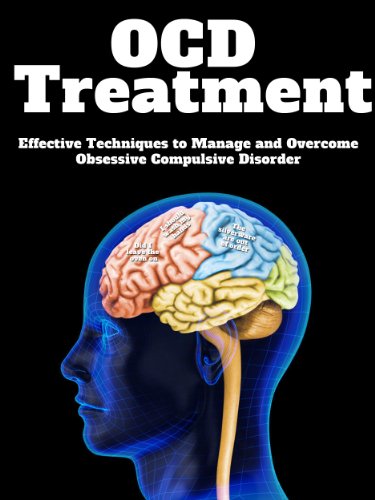
A person is considered to have co-occurring disorders when they are diagnosed with both a mental health disorder and a substance use disorder. Also known as dual diagnosis or comorbid disorder, it is most commonly seen in individuals who suffer from mood disorders and addiction to drugs or alcohol. Mood disorders include depression, bipolar disorder, and anxiety. In these cases, it can be difficult to determine which disorder comes first or which one exacerbates the other.
It is common for someone who struggles with a mental illness to develop a substance or alcohol use disorder to try and cope with their symptoms. It is often unclear which disorder came first as it is not always easy to determine whether drugs or alcohol caused a mental health condition, or if a person developed their mental illness before their substance or alcohol use disorder.
Substance abuse can impact areas of the brain that affect emotions and decision making, so it is no surprise that some people develop a mental health condition after abusing drugs or alcohol. The longer a person has been using substances, the more likely they are to develop a mental health disorder.
Addiction can lead to feelings of depression, anxiety, and other psychiatric disorders. It is important to recognize these symptoms and to get help if you feel they are affecting your life. Getting treatment for both conditions is essential and long-term residential care is usually recommended.
If left untreated, co-occurring disorders can increase the risk of suicide, hospitalization, social isolation, violence, incarceration, and drug overdose. Symptoms of the co-occurring disorders can overlap with each other and be difficult to distinguish, so it is important to seek a comprehensive evaluation.
It is also important to understand that it can be difficult for friends and family members of individuals struggling with mental health or addiction problems. It can be hard to know how to support a loved one who is struggling and how to handle the conflicting feelings of frustration, empathy, and helplessness. It is important for family members to participate in Al-Anon or Families Anonymous or other support groups to learn new ways of coping with their loved one’s issues.
It is possible to recover from co-occurring disorders, and integrated treatment programs are available to assist people with both a mental health disorder and underlying addiction. Ideally, these programs offer residential or inpatient care and incorporate individual and group therapy, as well as family therapy. The goal is to reduce the symptoms of both disorders and to teach people coping skills for recovery. For some, it may be necessary to continue counseling after completing treatment to prevent relapse and maintain a healthy lifestyle. This is an important part of aftercare. For some, continued medication may be necessary as well. It is important to speak with your physician and find a program that works best for you.


































